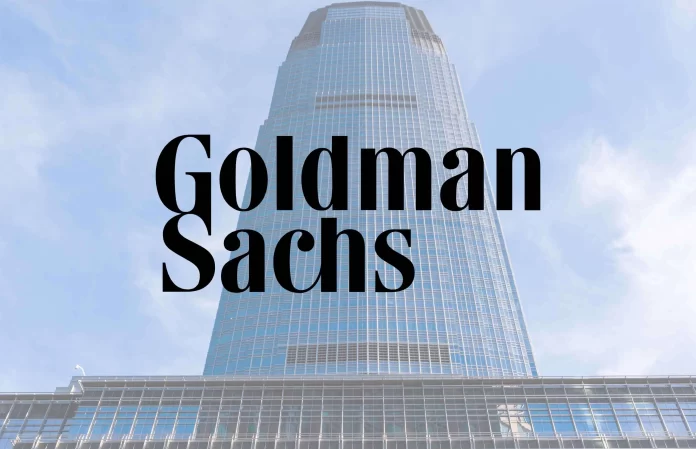In the current macroeconomic context, where increasing interest rates make traditional funding methods more difficult, FinTechs may discover that high-yield accounts have high-yield payoffs.
Affirm became the third participant this week to raise rates on its savings accounts, where the annual percentage yield (APY) is currently 1.5%, 11.5 times the national average.
The plan allows Affirm to expand its reach beyond its most prominent services, buy now, pay later (BNPL) solutions, and generate new income sources.
Affirm’s decision follows those of other online banking services that have increased the APYs on savings accounts. Goldman Sachs, Chime, and other companies are on the list.
In terms of mechanics, as outlined in a blog post published on Thursday (Sept. 1), the Affirm accounts have no minimums or fees, and they are kept by an FDIC insured through the company’s partner bank, Cross River Bank.
The change also allows FinTechs (and other enterprises) to have access to a comparatively inexpensive source of finance. Having less expensive money on hand can help to strengthen balance sheets and support operations when deposits approach critical mass. Simply put, deposits aid in the creation of loans in the banking industry.
Interest income on such loans, but interest income on point-of-sale (POS) loans can be in the mid-teens percentage points or higher for BNPL providers.
High-yield savings accounts linked to Goldman’s digital Marcus bank, for example, provide an opportunity for the more traditional banks (Goldman) to cross-pollinate revenue sources as diverse as credit cards and investment goods. The net interest margin can assist in funding these projects.
There is a push to move more of the deposit business in-house. Because it is becoming increasingly difficult to obtain institutional investors, FinTech lenders are backing more loans with deposits. These investors desire higher loan interest rates and are pulling back due to greater credit risk.
In another case, LendingClub, which paid $185 million for Boston-based Radius Bank and its bank charter last year, is backing additional loans with bank deposits.
“If you don’t have the ability to fund your own loans, you’ll be reliant on capital markets and disparate funding,” LendingClub Chief Financial Officer Tom Casey explained. “It’s always difficult to forecast the price at which you can sell your debts.”











